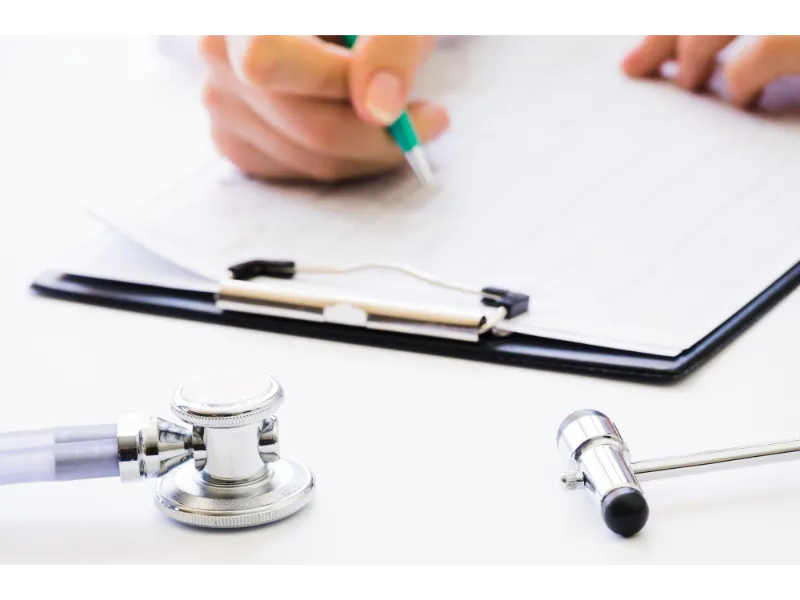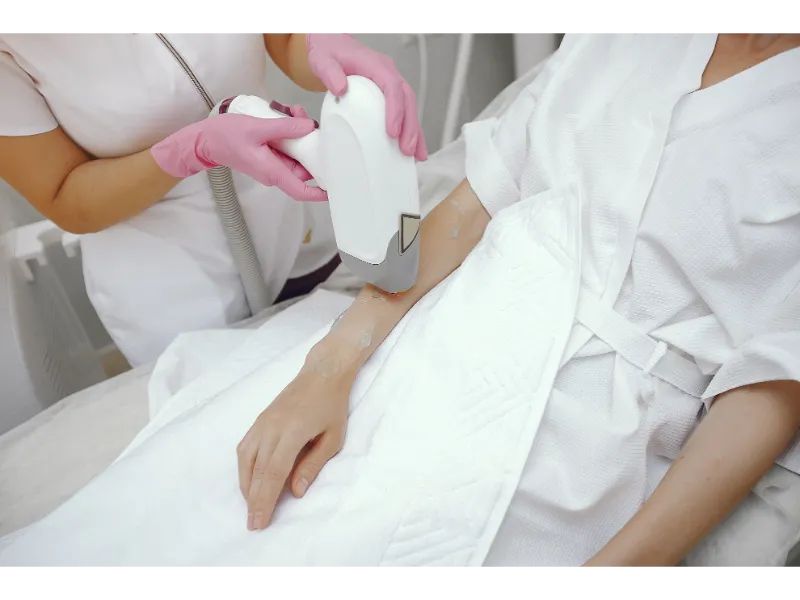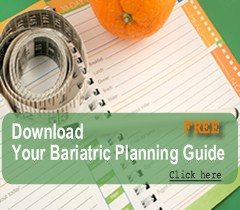Gastric Bypass Complications and Failure Rates
When Gastric Bypass Surgery Fails to Deliver Results
While the success rate of Gastric Bypass Surgery is extremely high, there are some who will not respond favorably to this Bariatric technique. In some cases, this could be caused by failure to adhere to the doctor’s instructions. These instructions include avoiding the consumption of high calorie foods and drinks, and not to snack between meals.
In other cases, the Bariatric patient’s failed attempt at weight loss could be blamed on the surgery, whether or not the assessment is accurate. While no operation is 100 percent guaranteed to deliver significant weight loss, Gastric Bypass Surgery is an excellent weight loss tool. When used correctly and according to doctor’s orders, it is almost sure to work.
WHAT HAPPENED?
In truth, only a small numbers of people who undergo Gastric Bypass Surgery fail to see significant weight loss results, and even fewer develop complications after the procedure. The failure to achieve positive results after Gastric Bypass Surgery has a label: Gastric Bypass Failure. The most common reasons for Gastric Bypass Failure are listed below:
- Failure to lose a reasonable amount of weight after surgery
- Initial weight loss after surgery followed by weight gain
- Surgical and/or medical complications surrounding Gastric Bypass Surgery
Weight Loss Failure after Gastric Bypass
There are many factors that could be blamed for the Gastric Bypass patient’s failure to lose weight, the most common being disregard for the doctor’s orders and dietary advice. When patients ignore their Bariatric post-surgery instructions and partake of high calorie food and drinks on a daily basis, their weight loss results are quickly sabotaged.
Taking improper care of the stomach pouch created by the Bariatric surgeon is another reason for Gastric Bypass Failure resulting in a lack of weight loss. Dilation or enlargement of the pouch by eating too much at one time can lead to increased food capacity. This can be avoided by eating five or six small meals per day and by making a food diary, tracking portion sizes as well as what is consumed at every meal.
Failure to lose weight after Gastric Bypass Surgery does not mean it is time to give up on all weight loss surgery techniques. On the contrary, the Bariatric doctor and his patient should see this as an indication that revision bariatric surgery is needed in order to achieve effective weight loss results.
FLUCTUATIONS AND WEIGHT GAIN
Some of those who undergo Gastric Bypass Surgery will see an initial weight loss that continues for a few months before the pounds begin to return. This weight gain could be due to changes in the Bariatric patient’s diet or a stretching (dilation) of the upper stomach pouch, allowing the consumption of larger portions and more frequent meals. This is another form of Gastric Bypass Failure, resulting in the need to speak with the doctor about Revision Bariatric Surgery.
Gastric Bypass Medical and/or Surgical Complications
While it isn’t common, some Bariatric patients will develop surgical or medical complications after Gastric Bypass Surgery. There is no shame in consulting with the Bariatric surgeon about Revision Bariatric Surgery to correct any complications arising from the initial weight loss surgery.
Chat with our coordinator about Revisional Bariatric Surgery
Avoiding Surgical Complications
Choose a reputable and experienced Bariatric surgeon and a dedicated surgery center to keep risks of surgical complications at a minimum. A dedicated surgery center is one that, ideally, only accommodates Bariatric surgeons performing Bariatric procedures.
Complications that cause Gastric Bypass Failure
The complications listed below normally result in the need for Revision Gastric Bypass Surgery:
SURGICAL OR ANATOMICAL COMPLICATIONS:
- Narrow gut anastomosis
- Dilated stomach pouch
MEDICAL COMPLICATIONS:
- diarrhea
- ulcers
- solid intolerance
- dumping syndrome
- acute anemia
- severe constipation
- severe gastro-esophageal reflux disease
The Various Complications Associated With Gastric Bypass
All surgeries have the possibility of complications. Some of the complications below are common to any stomach operation while some are just specifically related to bariatric surgery:
1. COMPLICATION RATES AND MORTALITY
Surgical complications ranged from 7 percent for laparoscopy and 14.5 for open-incision operations. According to a mortality study:
- 0 percent mortality for 401 laparoscopic cases
- 0.6 percent for 955 open procedures
These rates are influenced by any pre-existing factors like:
- Obstructive sleep apnea
- Heart disease
- Obesity prior pulmonary embolism
- Diabetes mellitus
It’s also affected by the surgeon’s skill and experience. In about 100 cases, there is a learning curve for the laparoscopic bariatric surgery. When you choose a surgeon, you need to choose one that has both experience and supervision.
2. INFECTIONS
Incision infection or abdominal infection can occur because of the release of bowel bacteria in the operation.
3. VENOUS THROMBOEMBOLISM
This is any injury that causes the body the intensification of blood coagulation. For that reason, activity may need to be reduced. There’s also the increase risk of blood clots in the pelvis and leg veins especially in very obese patients.
4. HEMORRHAGE
Doctors will have to cut several blood vessels to separate the stomach and they must move the bowel. This could lead to bleeding into the stomach region or the bowel.
5. BOWEL OBSTRUCTION
Stomach surgery will result in bowel scarring, which is known as adhesions. Hernia, internal or in the stomach wall may also occur. When the bowel is trapped by a hernia or adhesions, it may become obstructed or kinked… even years after the procedures was done. An additional operation must be done to correct the issue.
6. HERNIA
This is an unusual opening either in the stomach or in the stomach wall muscles. This can happen because of a surgery and bowel rearrangement. It’s also the reason for bowel obstruction. With laparoscopic surgery, this risk has been dramatically reduced.
7. ANASTOMOTIC LEAKAGE
This is an unusual opening either in the stomach or in the stomach wall muscles. This can happen because of a surgery and bowel rearrangement. It’s also the reason for bowel obstruction. With laparoscopic surgery, this risk has been dramatically reduced.
8. ANASTOMOTIC STRICTURE
While the anastomosis heals, scar tissue will form. As time passes, this will shrink and the opening becomes smaller. When food passes through this, it stays stretched. But, should the healing process and inflammation overtake the stretching process, scarring can cause tiny openings that won’t allow liquids to pass through.
The solution to this problem is the gastroendoscopy and is done by inflating a balloon inside of the incision. It’s not uncommon for this procedure to be done multiple times to have it permanently corrected.
9 - ANASTOMOTIC ULCER
Anastomotic ulcers occur in up to 16 percent of patients and the reasons for them are:
- Limited blood supply to anastomosis
- Gastric acid
- Anastomosis tension
- Smoking
- Use of anti-inflammatory drugs that are not steroidal
The condition is treated with three things:
- An acid buffering and cytoprotectant agent
- Temporary restriction of solid food consumption
- Proton pump inhibitors
10. DUMPING SYNDROME
The pyloric valve, located at the bottom of the stomach, is in charge of the release of food into the bowel. When a patient consumes lots of sugary food, that sugar goes quickly into the intestine and causes the dumping syndrome. The body floods the intestines trying to dilute the sugars. When this happens, the person might begin sweating and their heart start rapidly beating. They might need to lie down for nearly an hour. However, diarrhea might be following soon after.












